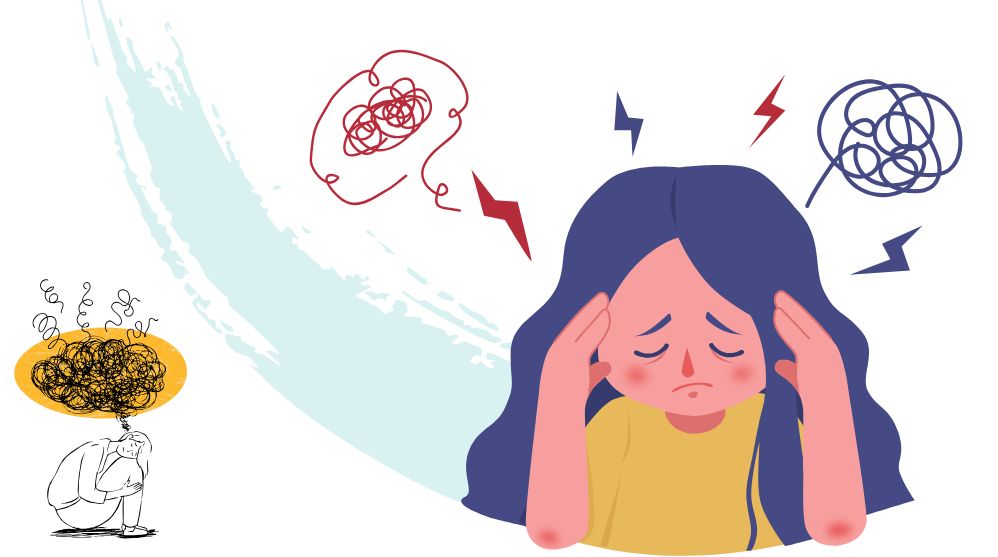
Understanding and Managing Vicarious Trauma
- by Kate Bowman
- February 4, 2025
Supporting individuals at the end of life is a deeply meaningful but emotionally demanding role. For palliative care volunteers, vicarious trauma can be a natural challenge to be mindful of. Vicarious trauma, also known as secondary trauma, occurs when exposure to others’ suffering leads to emotional distress and lasting psychological effects.
Due to the nature of the role, palliative care volunteers, particularly those offering psychosocial support, may be at higher risk of vicarious trauma. Regularly engaging with patients and families experiencing grief, loss, and distress can take an emotional toll. Those who are naturally empathetic, have past unresolved trauma, or lack strong coping mechanisms may be especially vulnerable. Over time, hearing repeated stories of suffering and loss can lead to feelings of helplessness, exhaustion, or even a diminished sense of personal well-being.
While vicarious trauma may be a risk, there are ways to protect yourself:
- Self-Awareness: Regularly check in with yourself about how you are feeling. Recognising early signs of emotional fatigue, such as irritability, withdrawal, or trouble sleeping, can help prevent burnout.
- Healthy Boundaries: Maintain a balance between empathy and emotional detachment. While it’s important to be compassionate, absorbing others’ pain as your own can be harmful.
- Support Networks: Engage in peer support groups, supervision, or debriefing sessions with colleagues to share experiences and lessen emotional burden.
- Self-Care Practices: Prioritise activities that replenish your energy, such as exercise, meditation, creative hobbies, and time with loved ones.
- Education and Training: Attend workshops or training sessions on trauma resilience, mindfulness, and coping strategies to strengthen emotional endurance.
If you find yourself struggling with vicarious trauma, don’t keep it to yourself:
- Speak with your Volunteer Coordinator: This is the important first step on your way to recovery. They will be able to offer support and guidance on how to proceed.
- Take a Break: You might consider taking a step back from emotionally intense roles for a period to allow yourself time to heal.
- Engage in Meaningful Reflection: Journaling, meditation, or engaging in spiritual practices can help reframe your experiences and restore emotional balance.
- Seek Professional Support: If you continue to struggle, speaking to a counsellor or therapist can provide guidance on processing difficult emotions.
By recognising the risks, taking protective measures, and seeking support when needed, palliative care volunteers can continue their essential work without compromising their own well-being. Compassion is a gift, but self-care ensures you can keep giving it for the long term.
Upcoming Events
- FEBRUARY 25, 2026
- 10:30 AM - 12:00 PM
Being Present in the ‘In-Between’: Understanding Living Grief
Palliative care is not only for end-of-life; it frequently involves support...
Read more- MARCH 3, 2026
- 10:00 AM - 12:00 PM
NSW Network of Managers of Palliative Care Volunteers – March meeting
The role of the Network is to ensure best practice for Managers of palliati...
Read more- APRIL 14, 2026
- 9:30 AM - 3:30 PM
Palliative Care Volunteer Biography Service Training
Palliative Care Volunteer Biography Service Training Are you looking to exp...
Read moreBecome a member of Palliative Care NSW
Palliative Care New South Wales is the peak body in NSW representing palliative care providers and those with an interest in palliative care. Palliative Care New South Wales is a member of the national peak body Palliative Care Australia.
Join today and receive discounts, benefits and more!
Special member rate available for volunteers.
Subscribe to our eNews
Be the first to know our latest new, events, and research!
SUBSCRIBE TO ENEWS





